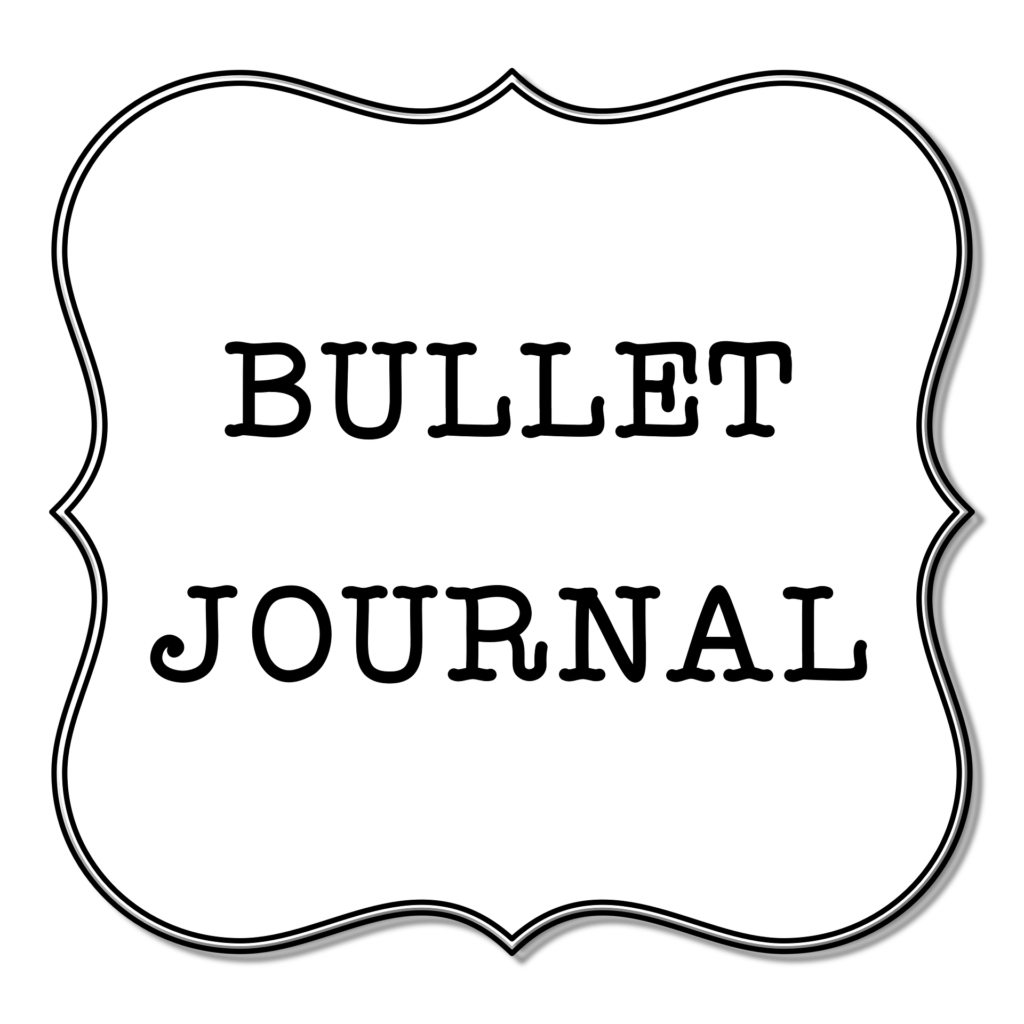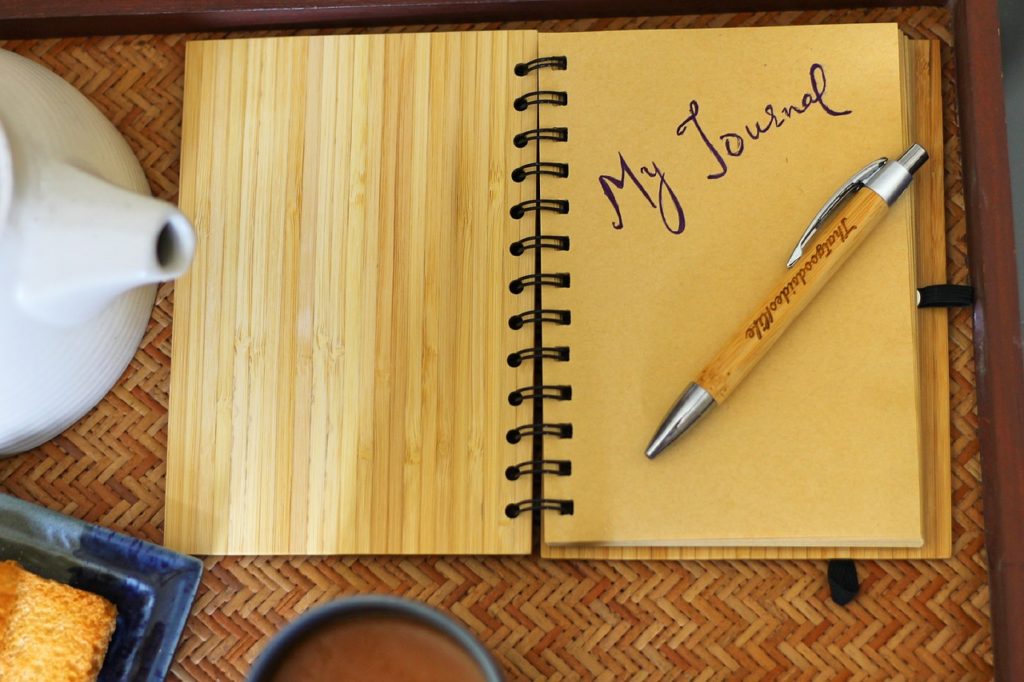by Mari. L. McCarthy

Most writers have an idealized notion of what the writing process should be like.
You sit down at your desk in a quiet, sunny room while the creative ideas flow effortlessly.
You have no problem coming up with just the right words, and brilliant sentences appear fully formed on the page.
You’ve probably accepted that the reality of being a writer is a bit different than this fantasy.
Creativity and confidence often get sidetracked by fear and self-doubt, which can be paralyzing – whether you’re writing a non-fiction article or a sci-fi novel.
You put pressure on yourself to create something great.
Sometimes your high expectations act as a creative catalyst, but sometimes they hold you back from trying new things because you’re afraid of failing.
When you find yourself feeling stuck or frustrated on a writing project, take a break from your screen and spend some time with your personal journal instead.
Make it a daily habit, even if only for a few minutes at a time.
Journaling gives you an outlet to test out different ideas, take creative risks and get comfortable with imperfection.
You’ll have a lot of false starts and failed attempts, and that’s wonderful!
You’re writing, and you’re exploring pathways that will lead you in new directions.
Tips for Bold Journaling
Don’t take yourself so seriously.
Treat your personal journal as an open play space where you can run with every wacky thought or unfamiliar style.
Test a totally different approach to point of view or dialogue in fiction.
Start a chapter of your memoir right in the middle of the action.
Try your hand at song lyrics or poetry.
Let yourself enjoy the process, even if it isn’t going well.
Play and have fun!
• Repeat: no one has to see this.
This is key with journaling.
It’s hard to let your guard down when you’re afraid people are going to read it and judge you for it.
Remember that this is only for you.
You can burn or shred it later if you really want to, but for now, stop censoring what you write.
Push your limits, and go past where you’re comfortable.
• Be OK with it being terrible.
Much of what you write in your journal won’t be good.
In fact, a lot of it will be downright awful.
That’s OK!
You’re not journaling to create a publication-ready piece.
You’re journaling to find your joy and curiosity in writing.
You need to give yourself the freedom to explore bad prose and strange ideas in order to get to the really good stuff.
• When in doubt, free-write.
If you feel like you have nothing to say and nowhere to go, open your journal and start stream-of-consciousness writing.
Set a timer for a few minutes, and don’t stop writing until it goes off.
Clean out the clutter in your head, and make room for the message you want to communicate.
About Mari L. McCarthy
 Mari L. McCarthy is Founder and Chief Inspiration Officer of CreateWriteNow.com, The Journaling Power Center.
Mari L. McCarthy is Founder and Chief Inspiration Officer of CreateWriteNow.com, The Journaling Power Center.
Mari offers guidance and inspiration to writers through her many online transformational journaling resources (eBooks, newsletters, life-changing journaling challenges) as well as private consultations.






